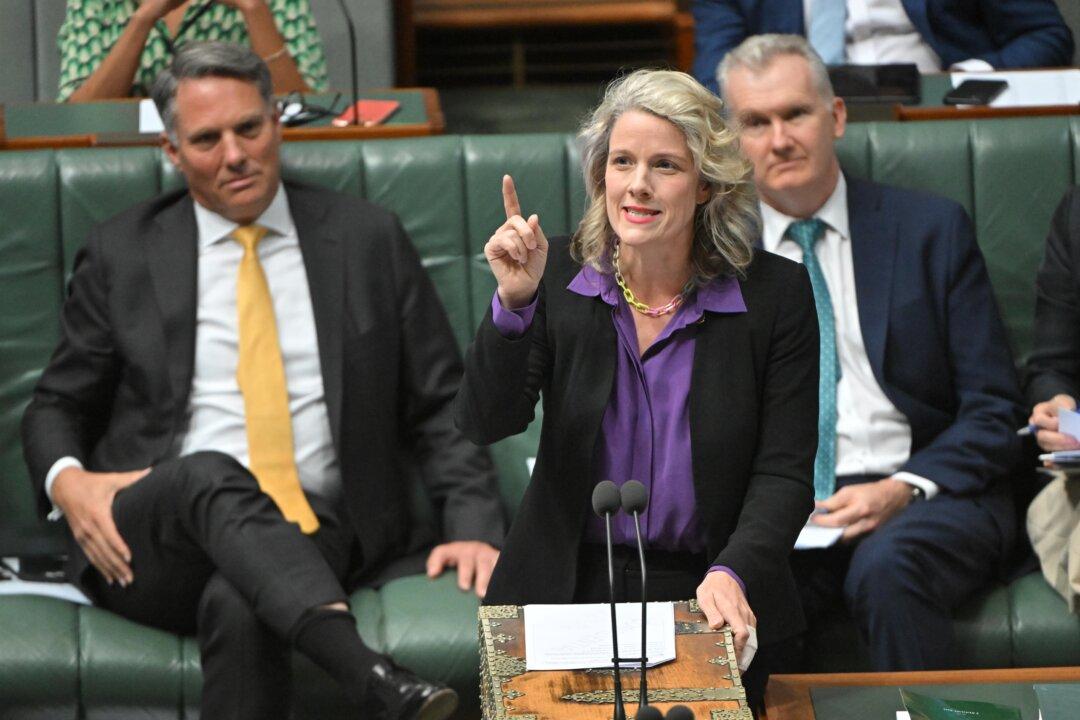Home Affairs Minister Clare O'Neil has defended the Australian Federal Police (AFP) over allegations it “enticed” an autistic 13-year-old boy into radical extremism by encouraging his “fixation” with Islamic State.
Speaking on ABC Radio National on Feb. 20, the minister said: “I am 100 percent supportive of the AFP, [they are] incredible people that work … everyday to protect our community. What I would say is that this case does reflect what is a broader and really concerning issue, which is the increasing prevalence of young people in our caseload … in regard to violent extremism.





